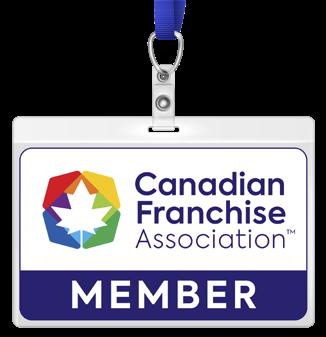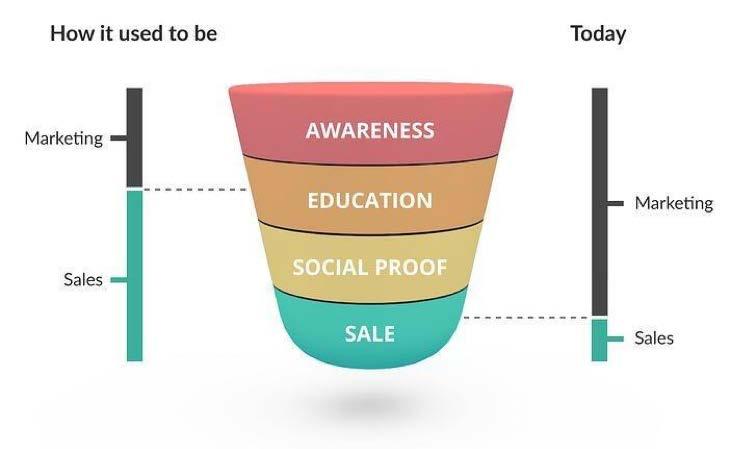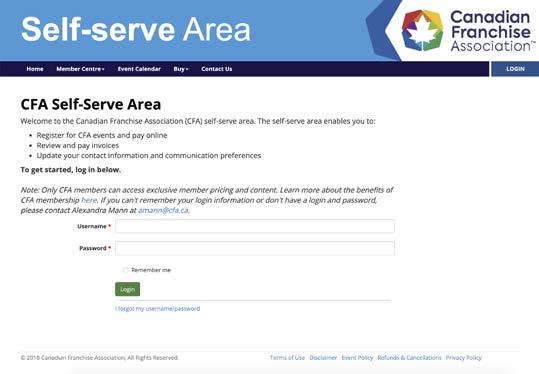Essential Legal Update: Arthur Wishart Act
Essential Legal Update: Arthur Wishart Act Updates to the “AWA” expected in 2020
BY C L A R K H A R R O P, PA R T N E R AT DA L E & L E S S M A N N L L P
W
ith their "Open for Business" motto, Ontario's Conservative government has announced ambitious plans to reduce red tape and improve the environment for business in Ontario. Earlier in 2019, the government formed the Business Law Modernization and Burden Reduction Council (the “Council”) as a short-term advisory body comprised of lawyers and a former Justice of the Ontario Superior Court of Justice. The Council is the successor to the earlier Business Law Advisory Council and shares a similar mandate: to make recommendations to the Government on how to modernize Ontario's corporate and commercial statutes to support the Government's commitment to reduce the burden on business and foster a good business climate in Ontario. Amongst the first recommendations made by the Council to the Ministry of Government and Consumer Services (the "Ministry") were changes to the regulations under the Arthur Wishart Act (Franchise Disclosure), 2000, SO 2000, c 3 (the “AWA”). Changes to the regulations under the AWA are expected to happen in 2020, following the recent completion of a public consultation process by the Ministry. For those of us who follow these matters closely, the AWA was last amended in 2017 when the previous Liberal government passed the Cutting Unnecessary Red Tape Act (“CURT”), which received royal assent in November of 2017. Many will recall those changes were welcomed at the time, but remain ineffective because they were pending the enactment of enabling regulations. The Ministry now looks set to bring forward the enabling regulations. So what can we expect to see when the new regulations are released to the public for comment? The Ministry's stakeholder consultation process gives us a good indication of the changes we are likely to see. In November of 2019, the Ministry sought input from stakeholders and the public on the following items: 1. the manner of determining the “Total Initial Investment” for the purposes of the minimum and large investment thresholds;
30 The Franchise Voice // Winter 2020
2. w hether there should be changes to the minimum and large investment threshold amounts for exemptions from disclosure; 3. t he amount of the deposit payment under which fully refundable and non-binding deposit agreements would be exempt from disclosure; 4. the content requirements for a Statement of Material Change; and 5. the accounting standards for financial statements that franchisors must include in a disclosure document provided under the AWA. It now appears likely that we will see the enabling regulations this year. As a result, we may expect clarity on both the minimum investment exemption (sometimes referred to as the de minimis exemption) and the large investment exemption (sometimes referred to as the substantial investment or sophisticated franchisee exemption). For instance, we are likely to see regulations that prescribe the manner of determining the total initial investment, which may include an open-ended list of expenditures similar to the required disclosure pertaining to the franchisee's costs of establishing (or acquiring) the franchise. More importantly, many hope that the regulations will clearly provide that the exemption will be based on the total initial investment contemplated by the parties prior to entering into the franchise, and not the amount actually invested. For either, the minimum investment exemption or the large investment exemption to be useful, there must be certainty prior to entering into the franchise that the exemption will be available. Moreover, the exemption cannot be "lost" in the event the actual total initial investment turns is different from that contemplated by the franchisor and franchisee at the time the franchise is granted or acquired. The Ministry is aware of these practical concerns and may respond to them with the new regulations.
www.cfa.ca | www.FranchiseCanada.Online













